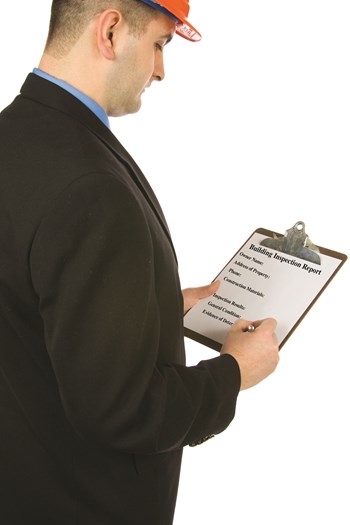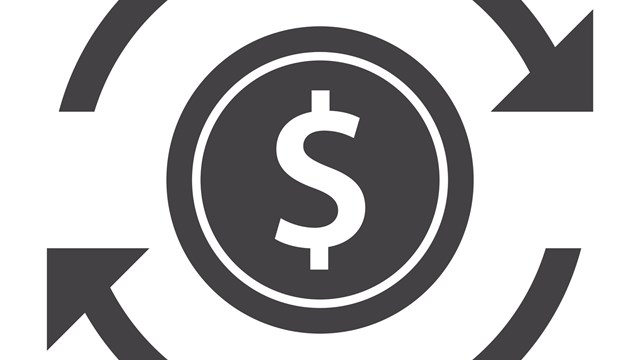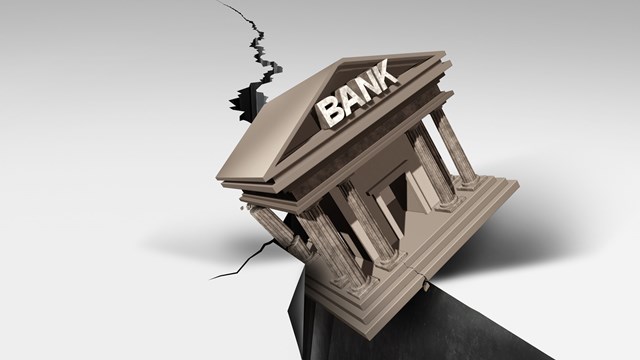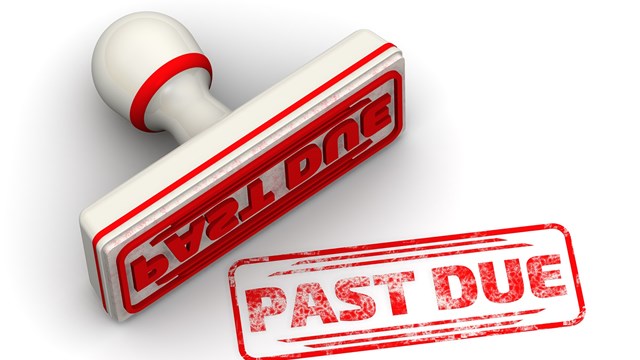
Those of us without engineering degrees tend to take the buildings in which we live and work for granted. We simply assume that if we go indoors, the ceiling isn't going to suddenly collapse. Of course, buildings can remain upright and structurally sound with proper maintenance and upkeep. Maintaining a building sounds like common sense, but inevitably some boards avoid it.
After all, maintenance work can often be expensive and intrusive. Fortunately, we have building and safety codes to encourage regular maintenance—and protect the irresponsible and naïve from themselves. Since we're not all engineers, boards and managers need to rely on inspections and consultations to make sure their community isn't the site of an avoidable tragedy.
Thanks to one of the strictest building codes and inspection processes in the country, it's very difficult to put off maintenance in New York City. It's strict for a reason; New York is dense and full of pedestrians, making the structural integrity of commercial and residential structures a much bigger public safety issue than in a smaller, more spread-out town. Also somewhat unique to New York is the very real fear that a falling object can be fatal and make headlines. Several reforms made in recent years to the city's housing code came after well-publicized deaths of pedestrians. Back in 1980, then Mayor Ed Koch responded to such a tragedy by passing what was called Local Law 10, requiring façade inspections of any building greater than six stories. It was amended to become Local Law 11 in 1998, and still exists today but with a new name. It’s now called the Façade Inspection Safety Program (FISP).
The upshot is, when it comes to exterior maintenance, “The building should be up on it,” says Ryan Hopewell, a project engineer for Stone Engineering in Long Island City.
Look Up
In most parts of the country, particularly outside major cities, most building codes come into play after a natural disaster, renovation, or system replacement. In order to get the permits to building something new, engineers will first check what's old and needs work. But in New York City, it's a whole different ball game.
New York City buildings are required under FISP to be inspected every five years. There are cycles and sub-cycles of when to file with the city's Department of Buildings (DOB), which give a two-year period for buildings to send in their conditions report. Hopewell says the city has gotten more aggressive about pursuing fines and untimely filings. The penalties associated with the first steps on the registration process may run a few thousand dollars, “But beyond that, the fees will get really expensive, and the filing window starts to close. For example, if a building didn't file their fifth cycle, they would owe $40,000 in civil penalties,” says Hopewell.
The five-year inspection is first concerned with facade safety—making sure nothing's about to fall off and impale someone,” says Hopewell. “But it also requires a check of the building's exterior walls to make sure they're not letting in water. “If you've got a glass curtain wall building, there's not a whole lot of issues as far as things falling, but the city does want your building to be watertight.”
With a tight inspections process, some buildings outside of Manhattan may have a harder time with water intrusion as opposed to falling debris. “In the coastal areas, the most important thing is deterioration of concrete due to the chloride brought in from the ocean,” says Raul Schwerdt, president of RAS Engineers in New York. On the coast, inspectors are more likely to look for that type of corrosion than farther inland.
Shades of Grey
In the world of engineering, sometimes things can be left to interpretation. If a crack could lead to a problem in two or three years, is it currently unsafe? Hopewell says the New York City inspection program provides a rather detailed protocol for recording any abnormalities. “You have to review the previous report. You have to make sure there's no water infiltration, and if there are facade conditions, like a cracked brick or mortar joint that could potentially fall, you have to classify it, and then give it a time frame for a repair, and then identify whether it needs a report, then throughout the report you have to identify previous repairs. It's a pretty arduous process.”
The DOB's inspection identifies three categories for the building's elements. Safe means everything is kosher and no action is needed. Safe With a Repair and Maintenance Program (SWARMP) means no one is in any sort of imminent danger, but the engineer recognized some maintenance issue that will require follow-up, and a completed repair within two years. Lastly, there is Unsafe, which requires your immediate attention. “If you don't fix it within two years, it immediately defaults to unsafe,” says Hopewell. Unsafe means that some part of the facade or structure poses a threat to public safety, and a building will have to immediately put up sidewalk scaffolding, and conduct repairs, he says.
Balconies and Railings
One of the biggest safety concerns, especially for New York buildings, isn't the foundation or the core structural supports of a building, it's the balconies. Everyone wants to have an outdoor space in their unit, and unfortunately the tradeoff is that balconies are probably the most dangerous elements in a building. A most recent incident involved a 35-year old advertising executive, who was killed in a tragic accident in August 2013 when the railing of the Upper East Side apartment balcony she was on collapsed causing her to fall 17 stories. A DOB investigation later revealed the railing was not up to code.
Aside from accidents, buildings have to pay close attention to the structural integrity of railings and weight-bearing loads. The DOB's code now requires that all balcony railings and guards, including fire escapes, must be tested and inspected. Roof parapets and roof decks are also included. The term railing is a little vague, so engineers will likely interpret the provision as broadly as possible to avoid any oversights.
Building code officials are not really concerned with who is legally responsible for any given violation, just that they're fixed and brought up to code. It's up to the building to establish clear guidelines ahead of a violation about who is responsible for what repairs, the association or the unit owner, so conflicts can be avoided. Luckily, there is legal protocol in place to establish responsibility for code violations between buildings and residents.
Co-ops and condos have a special problem in dealing with code violations, because traditionally all repairs in a residential building are the responsibility of the landlord or property owner. Renters rarely do any major renovation work on units. “Whereas in co-ops and condos, owners tend to do major work, often without board approval, and then when they're caught by the building department, many times the work was performed without filing, without permits, without building department approval, and may have entered into areas which are the co-op's domain, such as the removal of structural supports,” says Robert Silversmith, an attorney at the law firm of Robert Silversmith & Associates in Manhattan.
For this reason, the DOB usually cites violations in reference to whomever is registered by the city as the property's owner. In co-ops and condos, boards will usually provide the name of the board president or treasurer as a contact person for DOB issues. Obviously, if the violation involves only common elements, the issue will be handled by the board. But it's a little trickier in those cases when the violation was due to the action or inaction of one shareholder or unit owner. “When it comes to dealing with the building department, the violation is not issued in the name of the shareholder, so the corporation will have to deal with the administrative boards,” says Silversmith.
Paying the Piper
But that doesn't mean the board is stuck with the bill. “The proprietary lease generally allows the board to pass on the cost of the repairs that are the responsibility of the shareholder, and the board can serve a notice of default on the shareholder saying, 'You did this plumbing or electrical work improperly, and therefore you have to cure the default, and if you don't we're going to terminate your proprietary lease.' If that doesn't work, you can take them to court to evict them,” says Silversmith.
For a condo, the rules are slightly different, says Silversmith. Unit owners hold the deed to their condo, so the violations can go more directly to the individual. But, if there's a dispute, since condos do not operate under the same landlord/tenant legal framework as co-ops do, condo boards can't settle legal issues in housing court. “You have to take them to Supreme Court, it's a more cumbersome and extensive remedy,” says Silversmith.
Inspectors can't possibly follow up with every single building about every single violation. There's simply too many buildings in New York City, and the scope of work is too much to meet. So, if you miss a filing, or don't follow up on mandated maintenance work, you may get away with it for a while, but the civil penalties are very large, and with the DOB cracking down more than in past years, it's best to not mess around with building inspections. Your safety and that of your fellow unit owners or shareholders may depend on it.
Tom Lisi is associate editor of The Cooperator.






Comments
Leave a Comment